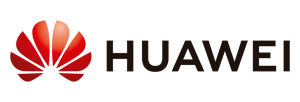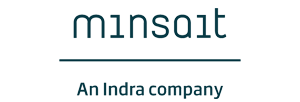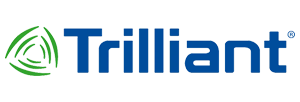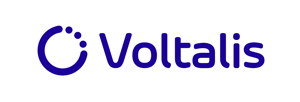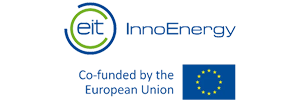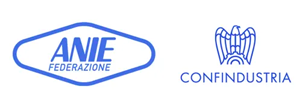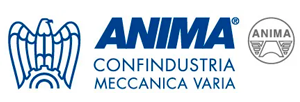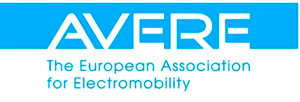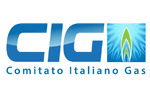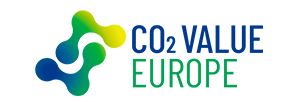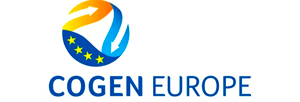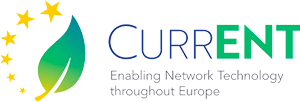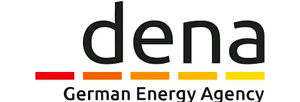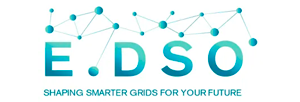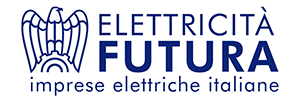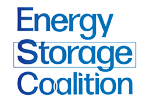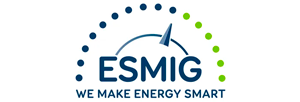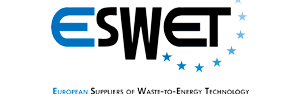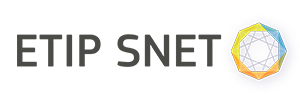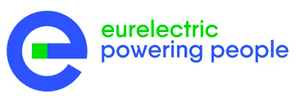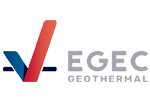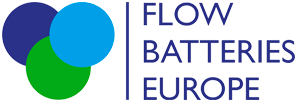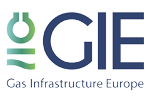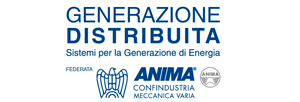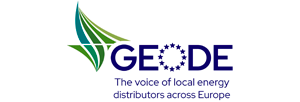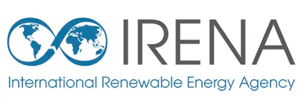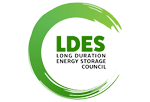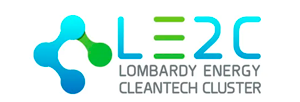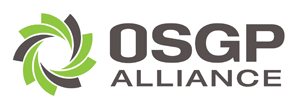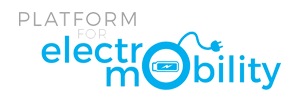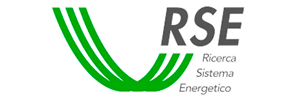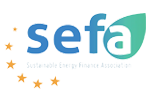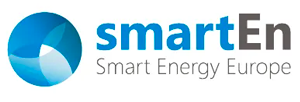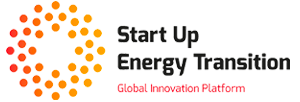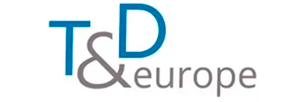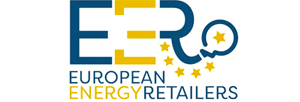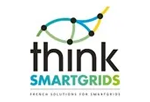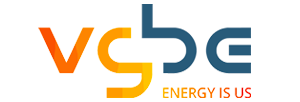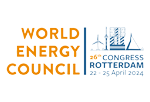Smart Metering: Pioneering a Smarter, Greener Grid for Europe
)
- Event: Enlit Europe 2024
- Date: 23 October 2024
- By: Toma Bert (Managing Director, ESMIG)
- Estimated Read Time: 25'30 minutes
Introduction: Smart Metering at the Heart of Europe's Energy Revolution
Smart metering has become a central pillar in Europe's drive to create a flexible, sustainable, and resilient energy system. As the continent races to meet its 2030 and 2050 climate and energy goals, smart meters are transforming from simple billing tools into critical enablers of grid intelligence, consumer empowerment, and climate action.
At Enlit Europe 2024, the Smart Metering session brought together leaders across electricity, gas, and water sectors to share experiences, innovations, and hard-won lessons. Moderated by Toma Bert, Managing Director of ESMIG, the discussion painted a rich picture of both the progress achieved and the challenges ahead.
With electricity smart meter penetration at around 56%, gas at 42%, and water still lagging, the industry is at an inflection point. The conversation has shifted beyond 'rollout' to questions of interoperability, resilience, consumer trust, and future-proofing.
Portugal: A Masterclass in Interoperability and Grid Intelligence
Pedro Daniell of EDP Distribui''o offered a deep dive into Portugal's smart metering journey, which now covers over 6.4 million customers. Unlike many markets, Portugal has placed a strong emphasis on interoperability from the outset, using a PLC-based system combined with Distribution Transformer Controllers (DTCs).
The benefits go well beyond basic metering:
- Voltage monitoring: Real-time oversight prevents overvoltage events that can damage appliances.
- Proactive fault detection: Outages can be isolated and resolved faster, reducing downtime and improving service quality.
- Remote disconnection and reconnection: Utilities can act swiftly during grid emergencies without needing field crews.
This approach not only enhances operational efficiency but supports environmental goals by reducing energy waste, minimising truck rolls, and supporting renewable integration.
Lab-based testing as a differentiator: Diogo R'lo of E-Redes described Portugal's commitment to continuous innovation through its Smart Grid Lab, where more than 400 meters across vendors are stress-tested for performance, cybersecurity, and firmware resilience. This creates a robust multi-vendor ecosystem that guards against vendor lock-in and ensures adaptability as market needs evolve.
Italy: Redefining Gas Metering with Nimbus
Italy's gas sector is undergoing a digital revolution led by Italgas Reti's Nimbus smart gas meter. As CEO Pier Lorenzo Dell'Orco explained, Nimbus is not just a meter ' it's a safety, sustainability, and resilience device.
Key features include:
- Triple redundant communications (NB-IoT, LoRa, Bluetooth)
- 15-year battery life to reduce maintenance costs
- Hydrogen-readiness to support Europe's green gas ambitions
- Seismic and fire sensors that can automatically shut off gas in emergencies
- Tamper detection to reduce non-technical losses
Importantly, Nimbus functions as a distributed seismic network, giving Italy a powerful new tool for national safety monitoring. With over 20,000 units deployed and plans for millions more, Italgas is pioneering a model where the meter serves multiple public and operational functions.
The upcoming Nimbus 2 will go even further, exploring sustainable battery chemistries, calorific value measurement, and potential hybrid gas-water metering ' all aligned with Italy's digital transformation strategy.
France & Europe: Confronting the Water Crisis
Water is often overlooked in energy discussions, but as Marc Pivaudran of Sensus/Xylem reminded the audience, it's an area of growing urgency. Europe faces escalating challenges from droughts, floods, and aging infrastructure ' yet water metering lags far behind electricity and gas.
Smart water meters can transform utility operations and conservation efforts:
- Leak detection using AI and analytics: Up to 70% of leaks happen before the meter, costing utilities and wasting precious resources.
- Wireless communications (LoRaWAN, NB-IoT): Enables remote reading and real-time alerting without manual checks.
- Predictive analytics: Forecasts water demand, detects system weaknesses, and prevents failures.
- Customer engagement tools: Give end-users visibility into consumption, driving behavioural change.
With non-revenue water losses topping 30% in some cities, the potential impact is massive ' but the path forward will require investment, innovation, and policy support.
Italy's Low-Voltage Grid Revolution
Paolo Busani of Gridspertise highlighted how smart meters are helping modernise Europe's low-voltage (LV) grid, a critical but long-neglected part of the energy system.
Traditionally, LV networks were passive and opaque to utilities. But as distributed energy resources (DERs) like rooftop solar, EV chargers, and home batteries proliferate, LV grids have become a congestion and reliability challenge.
Smart meters now deliver:
- Real-time visibility into local loads and flows
- Fault detection and isolation at the household and feeder level
- Predictive maintenance on transformers, substations, and switches
- Edge computing capabilities that extend SCADA-like control to the LV layer
The Quantum M device and similar edge tools allow utilities to manage the LV grid with unprecedented precision, unlocking both technical and market benefits.
The Netherlands: NextGen DSMR6 and the Modular Future
The Dutch NextGen DSMR6 project, a collaboration among all Dutch DSOs, represents Europe's boldest rethinking of smart metering.
DSMR6 is built on a modular architecture:
- Measurement modules (electricity and gas)
- Gateway module (communications and computing)
- Open-source Linux OS and REST APIs for secure, flexible integration
This design offers several advantages:
- Hardware future-proofing: Only the communication module needs replacing as technologies evolve.
- Enhanced cybersecurity: Post-quantum encryption readiness protects against emerging threats.
- Consumer empowerment: The X1 port provides real-time data access and control for end-users, supporting demand-side flexibility.
By anticipating both technical and social trends, DSMR6 sets a new benchmark for sustainability, adaptability, and customer-centricity.
Unlocking Use Cases Across Sectors
Smart meters are no longer confined to 'meter-to-cash' processes. Speakers outlined high-impact use cases:
- Grid automation and resilience: Automated fault detection, feeder segmentation, and outage management.
- DER integration: Managing two-way flows from prosumers, EVs, and batteries.
- National safety networks: Nimbus' seismic monitoring offers a novel public safety dimension.
- Water conservation: Early leak detection prevents losses and environmental damage.
- Consumer services: App-based alerts, real-time data, and participation in flexibility markets.
- Operational excellence: Data-driven asset management, predictive maintenance, and supply chain optimisation.
These applications underscore that smart metering is not just about infrastructure ' it's about rethinking the utility-customer relationship and creating whole new ecosystems of value.
Addressing Challenges Head-On
The discussion also surfaced critical challenges:
- Cybersecurity: NIS2 compliance, embedded PKI, secure APIs, and preparation for quantum computing threats.
- Battery life and sustainability: New chemistries, ultra-low-power chips, and energy harvesting are needed to hit 15+ year targets.
- Interoperability: Open standards, rigorous lab testing, and multi-vendor ecosystems prevent lock-in and improve resilience.
- Consumer trust: Transparent data use, consent management, and clear communication are essential to public acceptance.
- Regulatory complexity: Harmonising standards across EU markets remains a formidable but necessary task.
The consensus: overcoming these barriers will require cross-sector collaboration, innovation funding, and ongoing dialogue between policymakers, DSOs, vendors, and consumers.
Policy and Market Drivers
Europe's push toward smart metering is being propelled by:
- EU Green Deal and Fit for 55 packages
- National climate and decarbonisation targets
- Performance-based regulation and incentives
- Rising consumer demand for transparency, control, and sustainability
Public-private partnerships, cross-border knowledge-sharing, and coordinated investment strategies are vital to accelerating progress and unlocking smart metering's full potential.
Future Outlook: From Devices to Digital Ecosystems
Looking ahead, several trends are reshaping Europe's smart metering landscape:
- AI and machine learning: Automating demand forecasting, anomaly detection, and customer insights.
- Modular and upgradeable designs: Extending device lifespans, reducing e-waste, and improving flexibility.
- Integrated platforms: Combining electricity, gas, water, and heat data for holistic resource management.
- Enhanced consumer interfaces: Apps, APIs, and real-time portals to empower households and businesses.
- Climate adaptation features: Designing systems to withstand extreme weather, natural disasters, and supply shocks.
Perhaps most importantly, smart meters are evolving from individual devices into components of a much larger digital ecosystem ' one that will define Europe's energy transition for decades to come.
Final Reflections: A Call to Action
As moderator Toma Bert summarised:
'We're not just deploying meters ' we're building the digital backbone of Europe's energy and climate future.
Smart meters are no longer optional. They are indispensable tools for meeting Europe's most pressing challenges, from decarbonisation and electrification to resilience and resource conservation.
The challenge now is to move from vision to execution ' scaling deployments, integrating systems, and engaging consumers. Done right, smart metering can deliver a smarter, greener, more resilient Europe for generations to come.
Other Past Sessions
-
Event: Enlit Europe 2024 Date: 23rd October 2024 By: Kevin O’Donovan, Emily Stifel, Ross Marcinko, and Giovanni Bodega Estimated Read Time: 5–8 minutes Introduction: Redefining the Future of P ...
-
Event: Enlit Europe 2024 Date: 23rd October 2024 By: Panel Discussion featuring Sebastian Copen, Maxim Suk, Marcia Polti, Jao Raphael, and Nikola Beck Estimated Read Time: 9–10 minutes Introdu ...
-
Event: Enlit Europe 2024 Date: 23rd October 2024 By: Panel Discussion featuring Sebastian Copen, Maxim Suk, Marcia Polti, Jao Raphael, and Nikola Beck Estimated Read Time: 9–10 minutes Introdu ...
-
Event: Enlit Europe Date: 24th October 2024 By: Discussion Panel (Moderated by Ralph) Estimated Read Time: 7–8 minutes Introduction: Rethinking Dispatchable Power as the Backbone of Net-Zero A ...
-
Event: Enlit Europe 2024 Date: 24th October 2024 By: Kate Willard Estimated Read Time: 15–20 minutes Introduction: Reimagining Industry for a Net-Zero Future Are we decarbonising fast enough—a ...
-
Event: Enlit Europe 2024 Date: 23rd October 2024 By: Gaia Gallotti (IDC) – Panel Moderator Estimated Read Time: 7–8 minutes Introduction: Charting the Course for the Utility of the Future The ...
-
Event: Enlit Europe 2024 Date: 23 October 2024 By: Toma Bert (Managing Director, ESMIG) Estimated Read Time: 25'30 minutes Introduction: Smart Metering at the Heart of Europe's Energy Revolution ...
-
Event: Enlit Europe Date: 24th October 2024 By: Kim Chen, Moderator and CEO of Innovation Force Estimated Read Time: 10–12 minutes Quick Summary Cleantech startups are driving the next wave of ...
-
Event: Enlit Europe Date: 24th October 2024 By: Beat Petrovic, Senior Analyst at Ember Estimated Read Time: 10–12 minutes Quick Summary Energy flexibility, smart grid solutions, and grid congest ...
-
Event: Enlit Europe Date: 24th October 2024 By: George Biscardini Estimated Read Time: 10-12 minutes Quick Summary Hydrogen energy in Europe, coordinated energy systems, and integrated energy in ...


)
)
)
)
)
)
)
)
)
)



